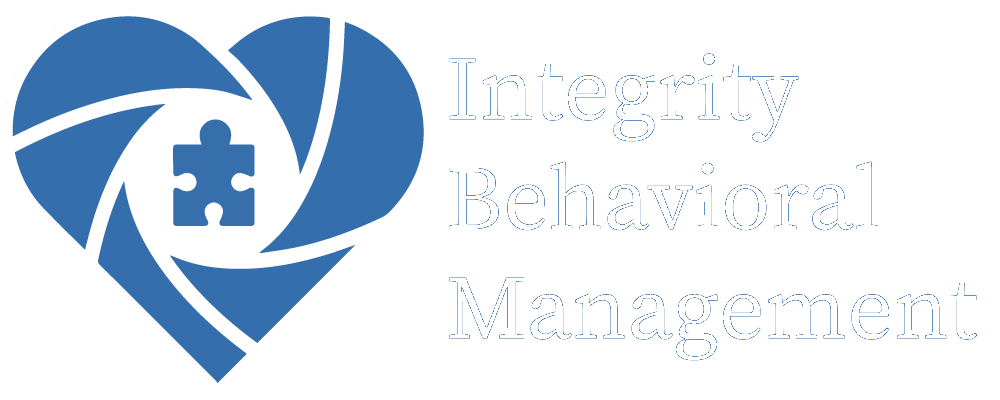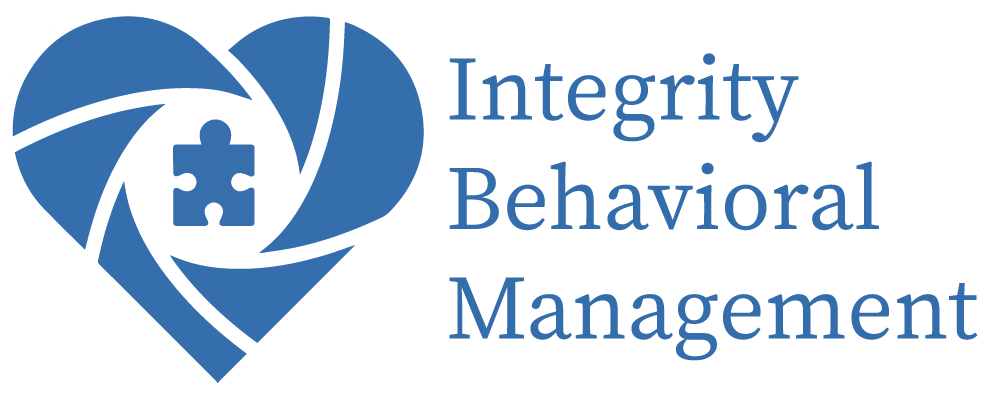Drug detoxification, the process of eliminating harmful substances from the body, is often the initial step on the journey to recovery. While the prospect of detoxing in the comfort and privacy of one’s own home may seem attractive, it is essential to recognize the potential risks and dangers associated with this approach.
As we explore this subject, we will examine why medical professionals and addiction specialists strongly advise against at-home detox for most substances.
Risks of At-Home Drug Detox
Attempting to detox at home without medical supervision can lead to severe withdrawal symptoms, including seizures, heart irregularities, and dangerous levels of dehydration.
The absence of professional detox support leaves individuals vulnerable to potentially life-threatening complications, with no immediate access to emergency care if needed.
Mental health challenges, such as anxiety, depression, and hallucinations, can become overwhelming, potentially leading to self-harm or suicidal thoughts.
The risk of relapse is substantially higher in a home environment, where access to substances is easier and cravings can become unmanageable.
Perhaps most alarmingly, attempting to detox at home can result in a fatal overdose if relapse occurs, as the body’s tolerance decreases during withdrawal.
Given these serious risks, medical professionals strongly advise against at-home detox, especially for substances like alcohol and benzodiazepines, which can produce particularly hazardous withdrawal effects.
Dangerous Withdrawal Symptoms
Attempting to detox from substances at home can result in severe and potentially fatal withdrawal symptoms, especially when dealing with alcohol and benzodiazepines.
Individuals may experience intense physical reactions, including seizures, heart palpitations, and delirium tremens, which can be deadly if not managed by medical professionals.
While opioid withdrawal is not typically life-threatening, it can cause extreme discomfort and lead to severe dehydration, potentially causing electrolyte imbalances and heart-related complications. In the absence of medical supervision, these symptoms can rapidly worsen, leading to serious health issues or even death.

Substances with High-Risk Detox Profiles
Alcohol and benzodiazepines are among the most high-risk substances during detox due to the severity of their withdrawal symptoms. Opioids, especially heroin, are notorious for causing extremely unpleasant withdrawal symptoms. While these symptoms are not usually fatal, they can be severe enough to drive individuals back to drug use.
Pregnant women face additional risks during detox, as withdrawal symptoms can harm the fetus, potentially causing preterm labor or severe fetal distress.
Stimulants like cocaine and methamphetamine, although not physically life-threatening during withdrawal, can produce severe psychological symptoms that resemble depression. This increases the potential of relapse and requires careful monitoring.
The unpredictable nature of synthetic or “designer” drugs also places them in a high-risk category. Their varied compositions can lead to unexpected and potentially dangerous withdrawal effects.
Importance of Medical Supervision
Under the close supervision of trained medical professionals, vital signs can be closely monitored, withdrawal symptoms can be managed, and necessary interventions can be provided to minimize discomfort and potential health risks associated with detox.
This expert oversight allows for the implementation of individualized treatment plans tailored to each patient’s specific needs, including the use of medications to ease withdrawal symptoms and reduce their severity.
Medical supervision significantly decreases the likelihood of dangerous complications, such as seizures, dehydration, and cardiac issues, that can arise during unsupervised detox attempts.
The presence of healthcare providers also offers essential psychological support, helping individuals cope with the emotional challenges of withdrawal and reducing the risk of relapse.
Steps to Take if Considering Detox
Consult a healthcare professional to assess your health and the risks associated with withdrawal from specific substances. Gather information about your substance use history to provide a comprehensive understanding to your doctor.
It’s crucial to create a support network of friends or family who can check in on you during detox and offer encouragement. Maintain a healthy diet and stay hydrated to support your body’s recovery and prepare for potential withdrawal symptoms.
Educate yourself on the detox process and what to expect to reduce anxiety.
Final Thoughts from Integrity Behavioral Health
The desire to detox at home is understandable, but the potential dangers far outweigh any perceived benefits.
Integrity Behavioral Management’s detox center in New Orleans provides a medically supervised environment where individuals can safely navigate the challenging process of withdrawal. Their team of experienced professionals ensures that patients receive the necessary medical care, emotional support, and therapeutic interventions that are crucial for a successful detox experience.





